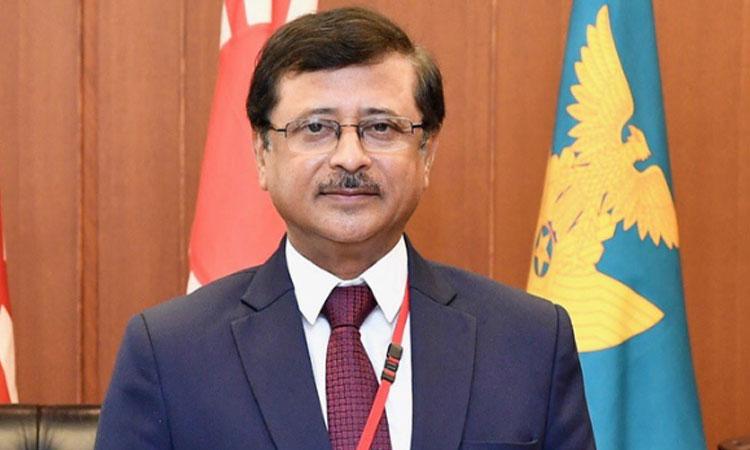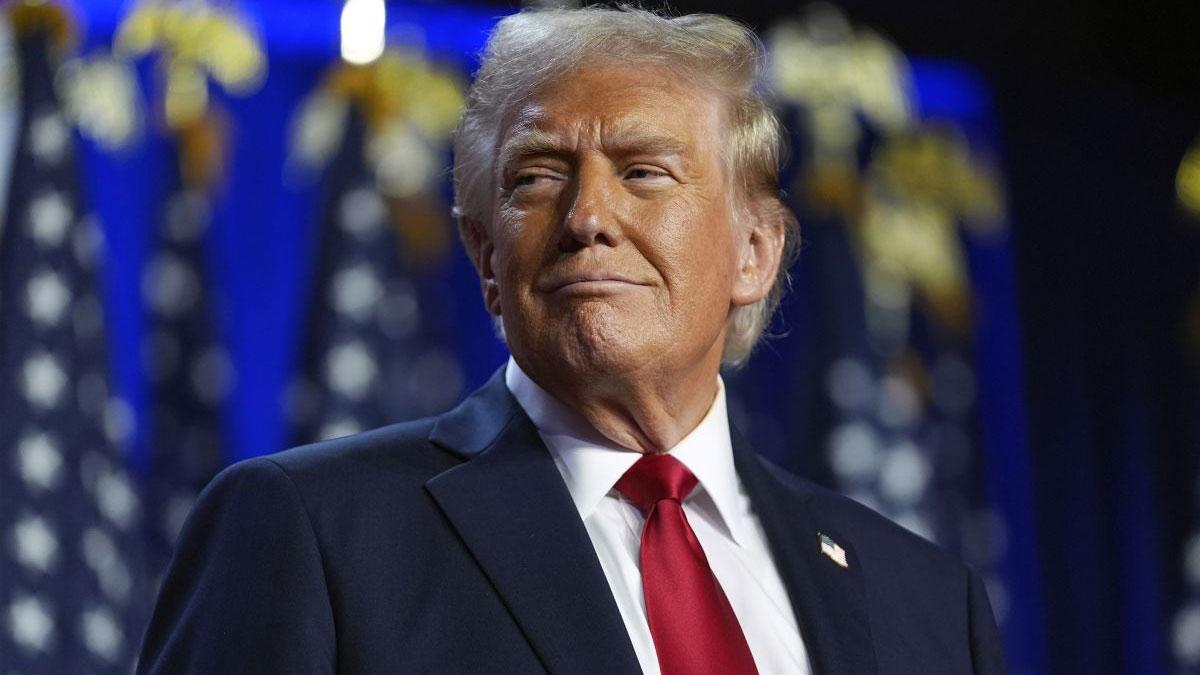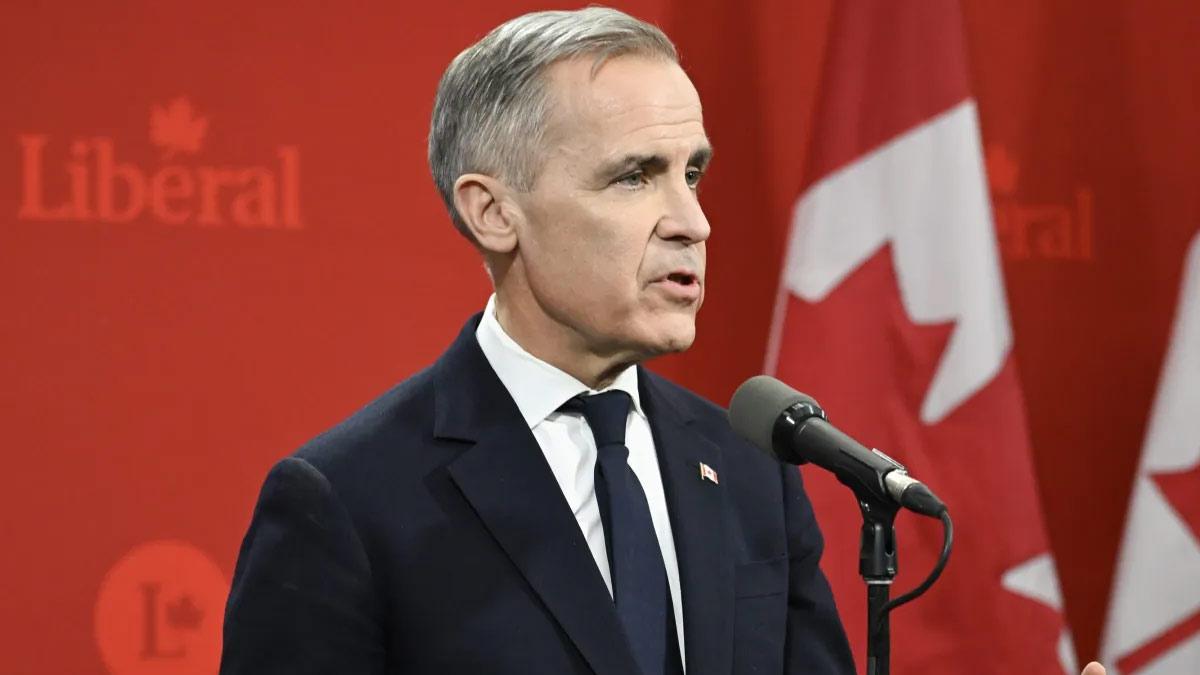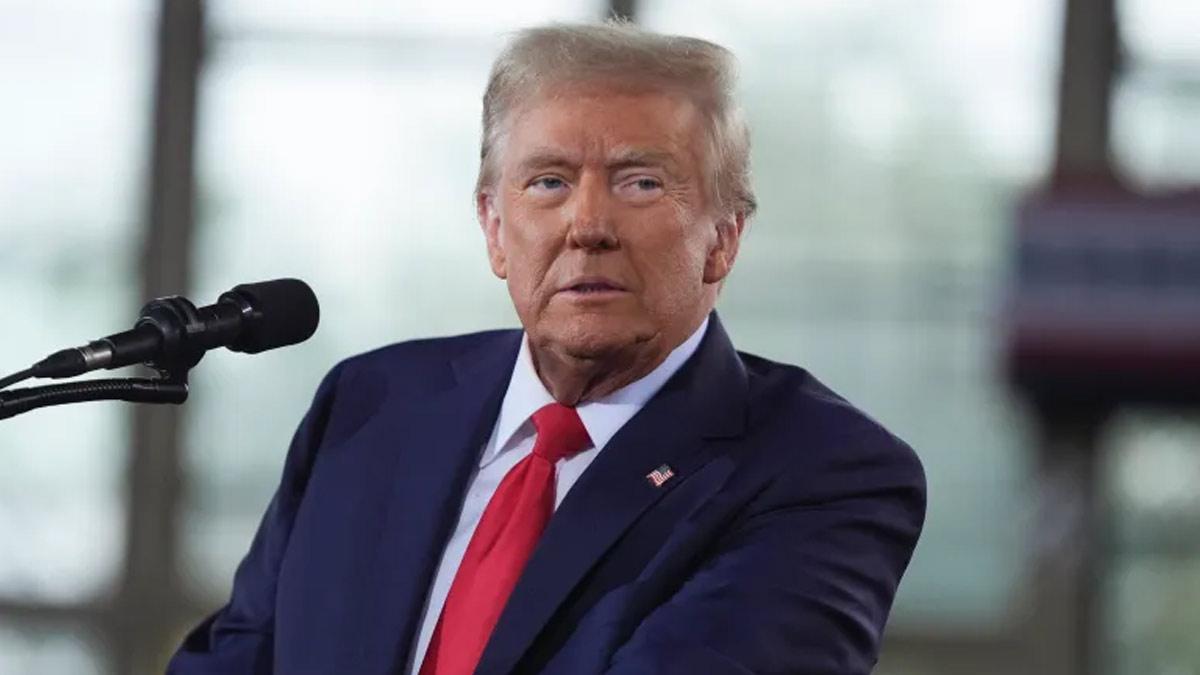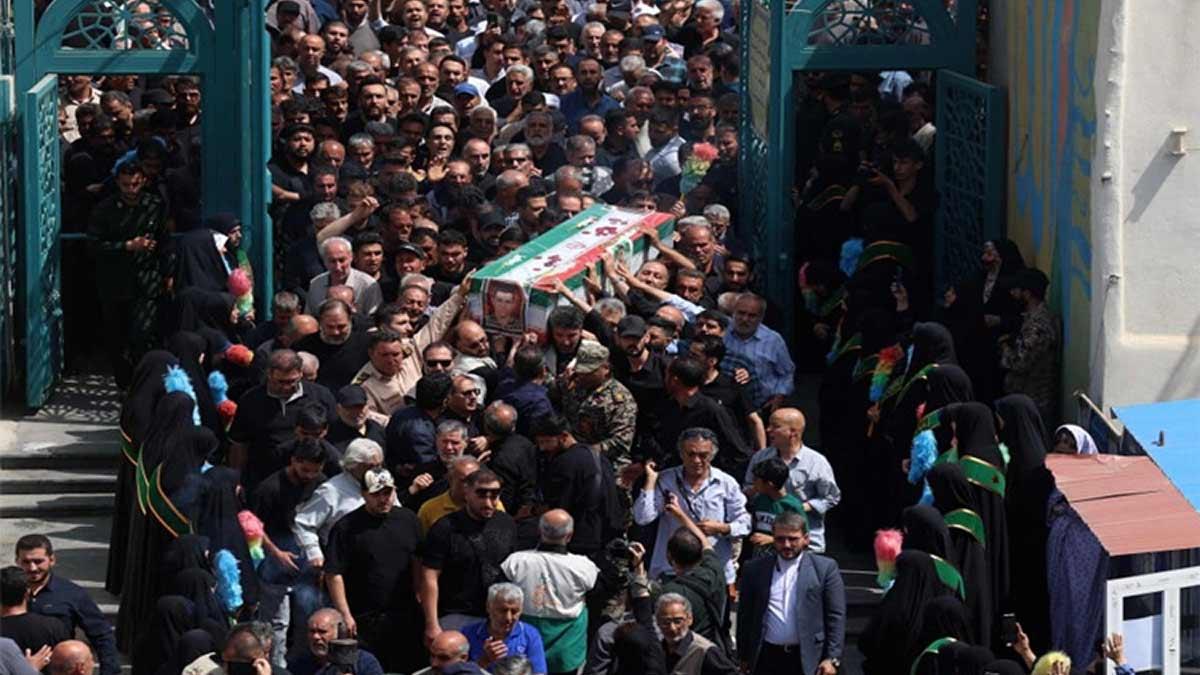India's High Commissioner to Canada, Sanjay Kumar Verma, has asked Canada to divulge evidence related to the assassination of the radical Sikh leader, Hardeep Singh Nijjar.
He asserted that the investigation into Nijjar's killing, which occurred in June, was marred under pressure from a high-level Canadian official, according to a report in The Globe and Mail newspaper.
Verma voiced concerns about the lack of concrete evidence supporting Canadian Prime Minister Justin Trudeau's allegations that Indian agents were responsible for Nijjar's murder outside a Sikh temple in British Columbia.
"There is no specific or relevant information provided in this case for us to assist them in the investigation," Mr Verma told The Globe and Mail
"Where is the evidence? Where is the conclusion of the investigation? I would go a step further and say now the investigation has already been tainted. A direction has come from someone at a high level to say India or Indian agents are behind it," he added.
Trudeau's accusations have triggered a diplomatic dispute between India and Canada, with New Delhi dismissing Ottawa's claims as "absurd and motivated." This dispute led to reciprocal expulsions of senior diplomats and travel advisories.
Verma questioned the absence of evidence and the conclusion of the investigation, suggesting that the inquiry has already been tainted. He implied that a directive had come from a high-level official, but refrained from naming the individual.
Canadian government sources have claimed to possess intelligence involving communications between Indian officials, diplomats, and information provided by an unnamed ally in the Five Eyes intelligence alliance during a month-long investigation into Nijjar's assassination. Verma, however, raised concerns about the legality of wiretaps and the authenticity of the captured conversations.
He emphasized that conversations between diplomats are protected under international law and cannot be used as court evidence or released to the public.
"You are talking about illegal wiretaps and talking about evidence. Conversations between two diplomats are secure by all international law," he said.
"Show me how you captured these conversations. Show me that someone did not mimic the voice," he added.
Verma also pointed out that India had made 26 extradition requests to Canada over the past five to six years, with no action taken on these requests.
In Canada, Verma and other Indian diplomats have faced threats from the extremist Sikhs For Justice (SFJ) group and its leader, Gurpatwant Singh Pannun, who hold them responsible for Nijjar's death. Safety and security concerns remain paramount for Indian diplomats stationed in Canada.
Also Read | China's hand in Nijjar's killing, claims NY-based activist-blogger

